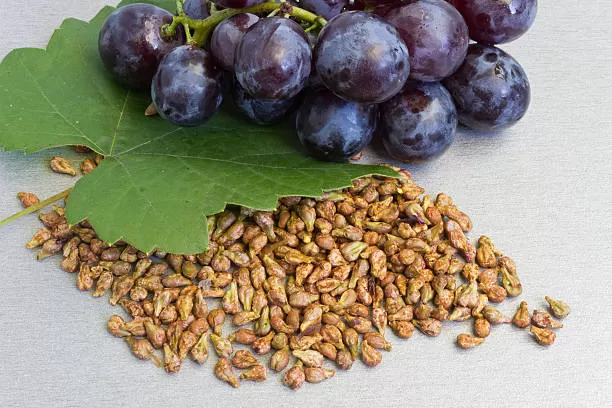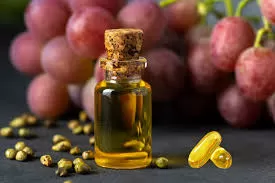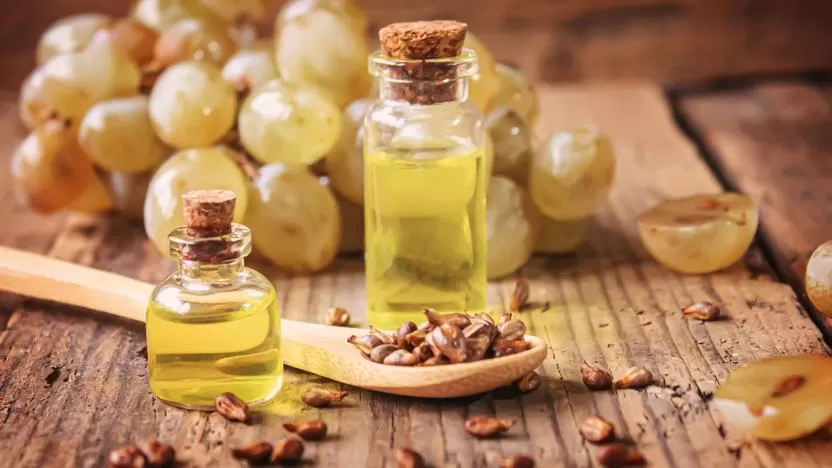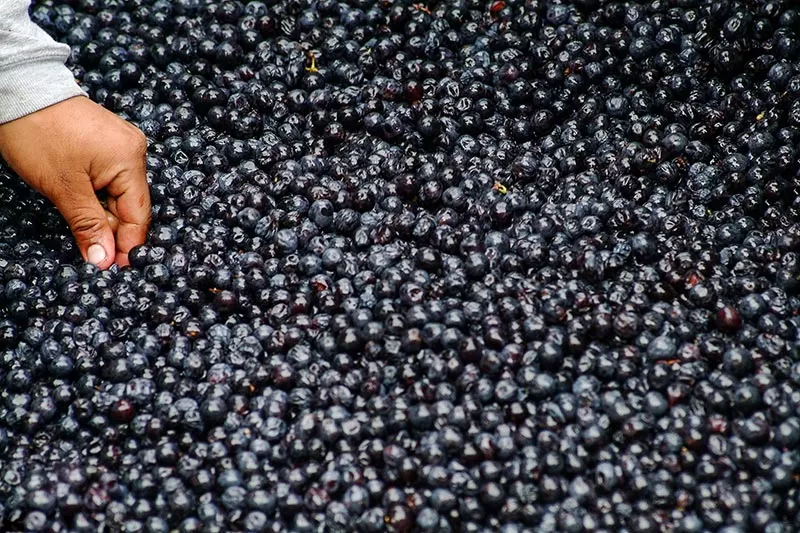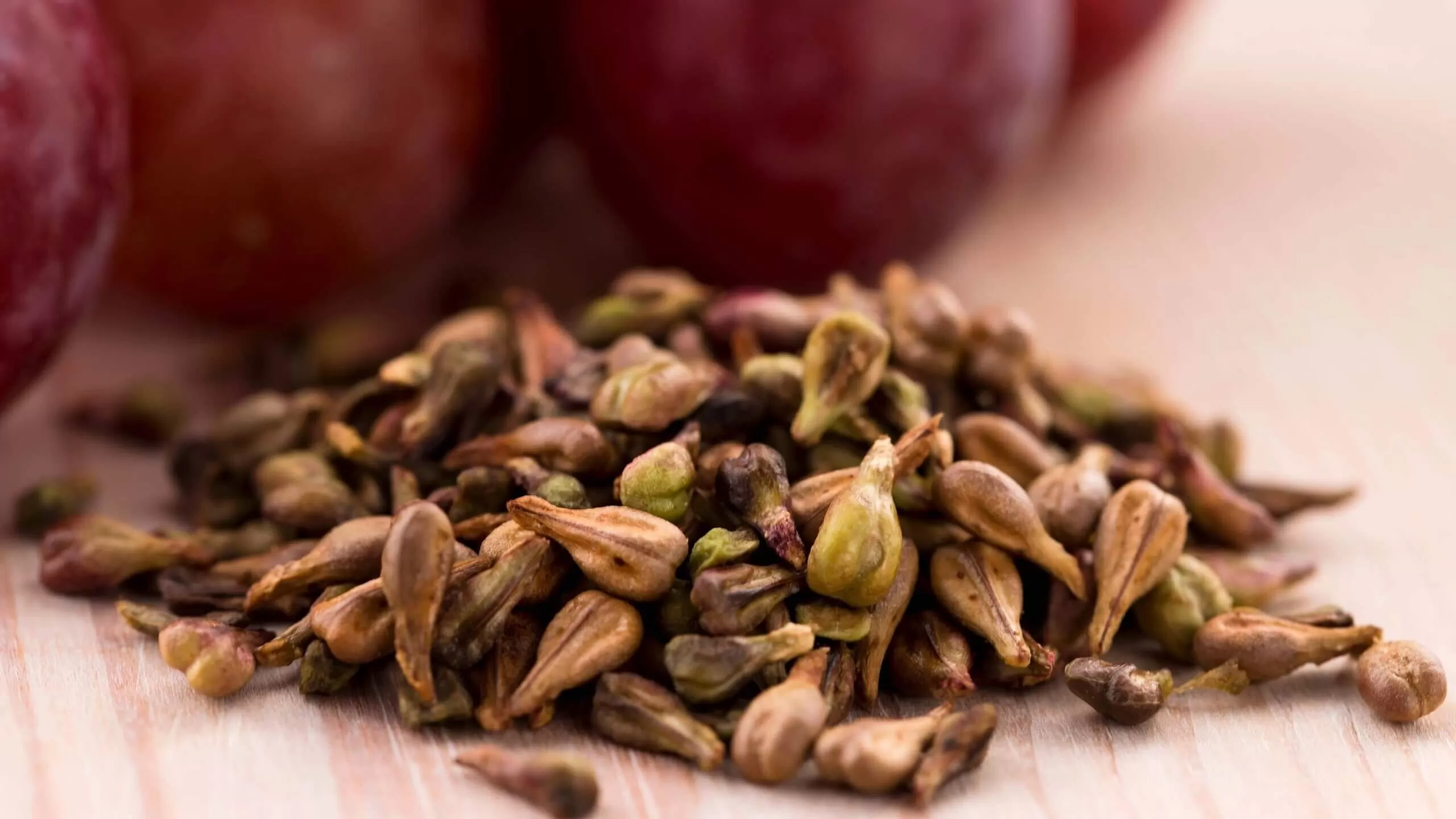- 0086-571-85302990
- sales@greenskybio.com
Is grape seed extract safe for kidneys?
2025-03-23
Grape Seed Extract has garnered significant attention in recent years as a dietary supplement rich in antioxidants, particularly proanthocyanidins. Derived from the seeds of grapes, this extract is lauded for its potential health benefits, including cardiovascular support, anti-inflammatory properties, and anticancer effects. However, as its popularity grows, questions around its safety, especially concerning kidney health, have arisen. Understanding Grape Seed Extract's impact on renal function is crucial for consumers and healthcare providers alike.
The Composition and Potential Benefits of Grape Seed Extract
At its core, grape seed extract is rich in polyphenols, including flavonoids, phenolic acids, and proanthocyanidins. These compounds confer antioxidant properties that help neutralize free radicals, reduce oxidative stress, and prevent damage to cells and tissues. Such antioxidative actions have been linked to a wide array of health benefits, notably in promoting cardiovascular health, supporting immune function, and improving skin quality.
Furthermore, grape seed extract possesses anti-inflammatory properties that can help mitigate conditions characterized by chronic inflammation. By reducing inflammatory markers in the body, it may also provide some protective effects against diseases like arthritis, diabetes, and even certain cancers.
The Role of Antioxidants in Kidney Health
The kidneys are responsible for filtering waste products from the blood, regulating fluid balance, and maintaining electrolyte levels. They are particularly susceptible to oxidative stress, which can lead to cellular damage and impaired kidney function. Antioxidants, like those found in grape seed extract, may theoretically benefit renal health by combating oxidative stress and preserving kidney function.
Some animal studies have suggested that grape seed extract might have renoprotective effects. In these studies, grape seed extract supplementation led to a reduction in oxidative stress markers and improved histological features of kidney tissue in models of induced kidney damage. These findings suggest potential protective benefits that warrant further investigation in human populations.
Concerns About Safety in Renal Function
Despite promising preliminary research, it's important to discuss whether grape seed extract is safe for individuals with existing kidney conditions or those at risk for renal impairment. The kidneys play a crucial role in metabolizing and excreting various substances, including those found in supplements. Therefore, individuals with compromised kidney function may process and eliminate these compounds differently.
Currently, there is limited human research specifically examining the impact of grape seed extract on diseased kidneys. Most studies involve healthy participants or focus on other health outcomes, leaving a gap in knowledge regarding its safety in those with renal challenges.
Certain compounds in grape seed extracts could theoretically accumulate in impaired kidneys, potentially exacerbating kidney dysfunction or leading to other adverse effects. For example, excessive intake might contribute to an imbalance in fluid or electrolyte levels, though evidence is insufficient to confirm these risks definitively.
Recommendations for Consumption in Kidney Health
Given the lack of definitive human studies on grape seed extract and kidney health, it is crucial to approach its use conservatively, especially for individuals with preexisting kidney conditions. Health professionals typically recommend consulting with a healthcare provider before starting any new supplement regimen, particularly in individuals with renal impairments or those undergoing treatment for kidney-related conditions.
For those cleared to use grape seed extract, adhering to recommended dosage guidelines is essential. Grapeseed extract is available in a variety of forms, including capsules, powders, and liquids, with typical doses ranging from 100 to 300 mg per day. Following manufacturer instructions and guidelines set forth by healthcare professionals is advisable to avoid any potential risks associated with excessive intake.
The Need for Further Research
While grape seed extract shows promise as a beneficial antioxidant supplement, particularly in reducing oxidative stress, its safety profile concerning kidney health remains inadequately explored. Further clinical trials focusing on individuals with varying degrees of kidney function are necessary to elucidate its safety and efficacy.
Developing a comprehensive understanding of how grape seed extract interacts with the kidneys—considering factors like dosage, duration, and individual health status—is imperative. These studies could lead to tailored recommendations and potentially expand grape seed extract use in holistic treatment regimens.
Conclusion
Grape seed extract represents a potent source of antioxidants that may offer several health benefits due to its anti-inflammatory and renoprotective properties. However, when it comes to kidney health, caution is warranted. With little human research addressing its safety profile in renally compromised individuals, healthcare providers emphasize careful consideration and professional consultation prior to use.
Further research is critical to unlocking the full potential of grape seed extract as a safe and effective supplement for kidney health. As scientific communities continue to explore natural compounds in treatment settings, grape seed extract's role may yet be fully unveiled, offering insight into its place in both preventative and therapeutic health strategies. Until then, consumers are encouraged to prioritize safety, informed choices, and mindful consumption as part of their health journeys.
-
Is grape seed extract anti aging?
2025-03-23
-
Is grape extract good for you?
2025-03-23
-
Can I Take Grape Seed Extract Every Day?
2025-03-23
-
Who Cannot Take Grape Seed Extract?
2025-03-23
-
Is Grape Seed Extract Good for Your Liver?
2025-03-23





